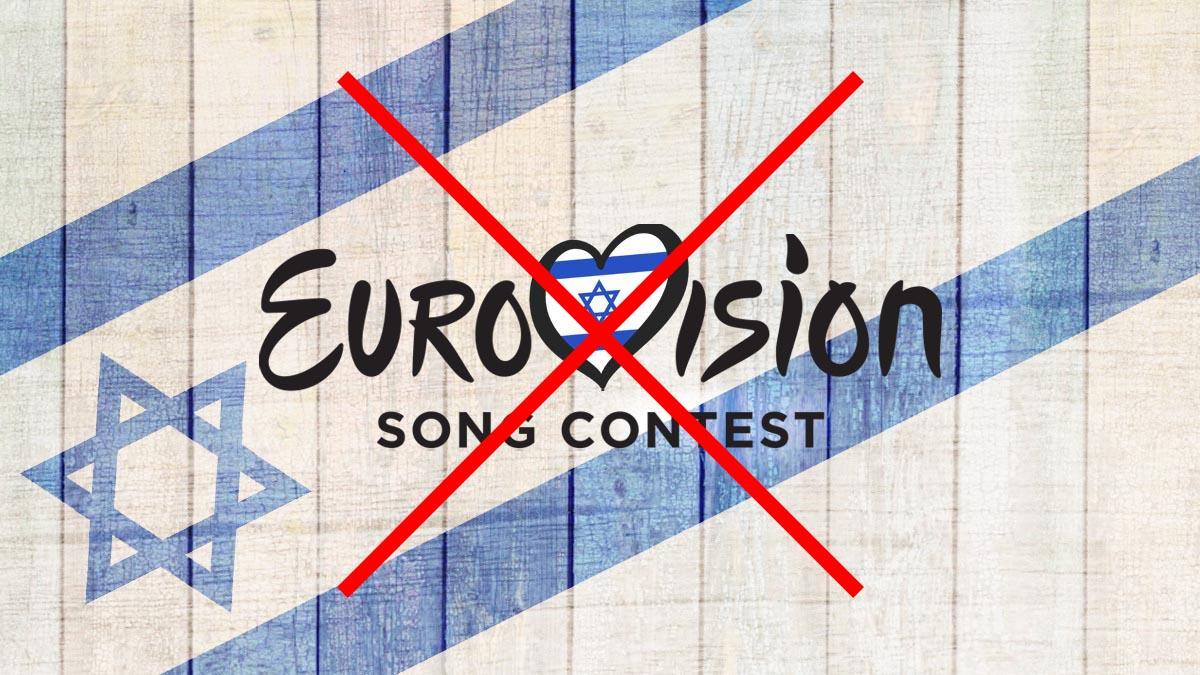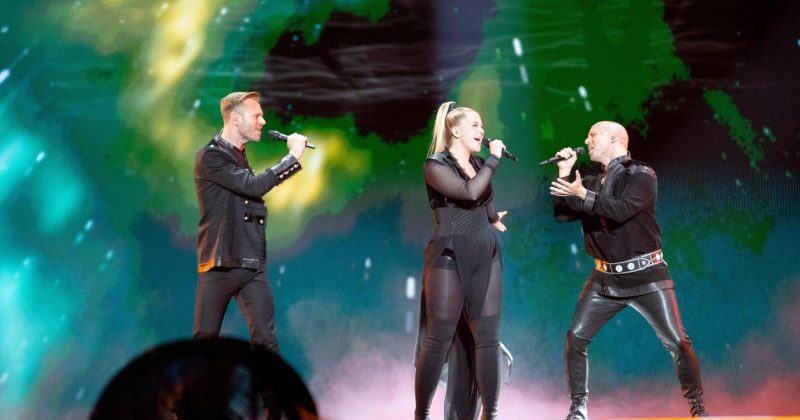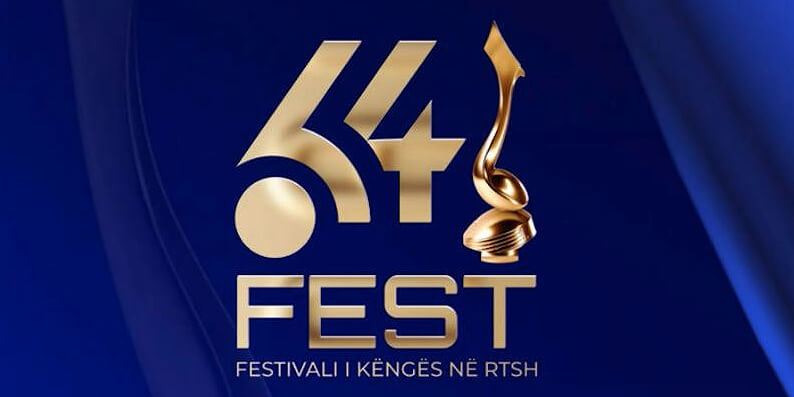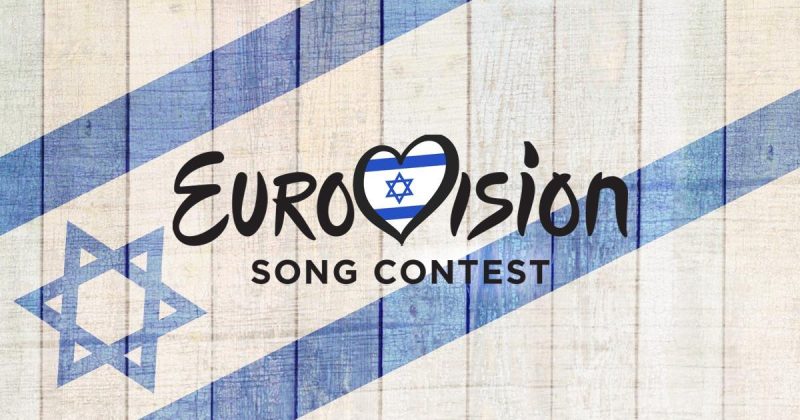
Qatar is pushing to bring Israel’s expulsion to a vote tomorrow in one of the world’s most influential sports unions. Could this affect Eurovision?
Israel is facing an unprecedented international threat: tomorrow (Tuesday), UEFA, the European football confederation, is expected to vote on expelling Israel from all international competitions. Pressure has mounted since the assassination attempt on Hamas leaders in Qatar – one of the main funders of the sports organization – which is actively pushing to expand the boycott against Israel.
According to estimates, most member states support expulsion, but Germany and Hungary are opposing the move. Germany may even exercise its veto power, a step that could delay the vote, though it would not eliminate the looming threat over Israeli sports.
Commentators warn that this anti-Israeli momentum could spread to other organizations such as FIBA, the international basketball federation, and the International Olympic Committee.
The Russian Precedent
Fears in Israel are growing considering the Russian precedent. After Russia’s invasion of Ukraine, UEFA decided in 2022 to suspend all Russian teams from European competitions until further notice. This decision was part of a wider wave of international sports boycotts led by the International Olympic Committee.
Russia lost its right to host international tournaments, and its clubs were banned from participating. Russian athletes had to compete in the latest Olympic Games under a neutral flag – a move widely seen as a symbol of global exclusion.
What About Eurovision?
The possible implications extend beyond sports, reaching into culture and media. Russia was expelled from the Eurovision Song Contest in February 2022 after demands by nine member states of the EBU, including Ukraine, the Netherlands, Sweden, and Finland. Some even threatened to withdraw if Russia remained in the competition. The decision reflected a strongly anti-Russian public and diplomatic atmosphere across Europe.
If UEFA were to pass a similar decision against Israel, it could set a much broader precedent: excluding Israel from additional international sports tournaments and even global cultural events, including Eurovision. The anti-Israeli momentum could convince undecided nations to vote against Israel and remove it from the contest. Unlike UEFA, the EBU does not operate under a veto system – raising concerns that Germany and other supportive states may not be able to block Israel’s elimination.
Tomorrow’s vote may determine whether Israel faces an expanding international boycott – or manages to keep a foothold in global sports and European culture.
The Eurovision Debate – Likely December 4th
The EBU confirmed that its 95th General Assembly will take place in Geneva on December 4th–5th. It has not yet been confirmed whether a vote on Israel’s participation in Eurovision will be held, but it is highly likely that such a vote will take place during the assembly. Typically, the first day is dedicated to formal topics, meaning the vote on Israel’s participation can be expected on December 4th. If the General Assembly ends without such a vote, it will mean Israel will participate in Eurovision 2026 in Vienna, Austria, since there would be no opportunity for another vote before then.
Israel at Eurovision 2025
“New Day Will Rise” is the song performed by Yuval Raphael, who was chosen to represent Israel after winning the 11th season of “HaKokhav HaBa”. Israel advanced to the final after winning the second semi-final with 203 points and finished second overall with 357 points in the grand final. Israel ranked first in the public vote but only 14th with the jury. This marks the third consecutive year that Israel has reached the top five – an unprecedented achievement.
Eurovision 2026: This will be Israel’s 48th participation in Eurovision. Israel joined the contest in 1973 and has won four times. Its most recent victory was at Eurovision 2018 with the song “Toy”, performed by singer Netta Barzilai.

Email: [email protected]
Phone: +972-50-9441919
Maor Heumann has been writing about the Eurovision Song Contest and following it for over three decades. He has attended five contests and has found something to appreciate in almost every possible musical genre — from the sugary pop entries that finish last in the semi-finals to the quirky avant-garde pieces that even the competition’s juries struggled to connect with. He usually prefers original languages and songs with depth over Swedish-produced English clones — though he doesn’t promise to stick to that rule.
He grew up on the kibbutz of Sara’le Sharon, who instilled in him a love for music and created his first connection to the contest back in 1993 — before most of the current editorial team was even born.









